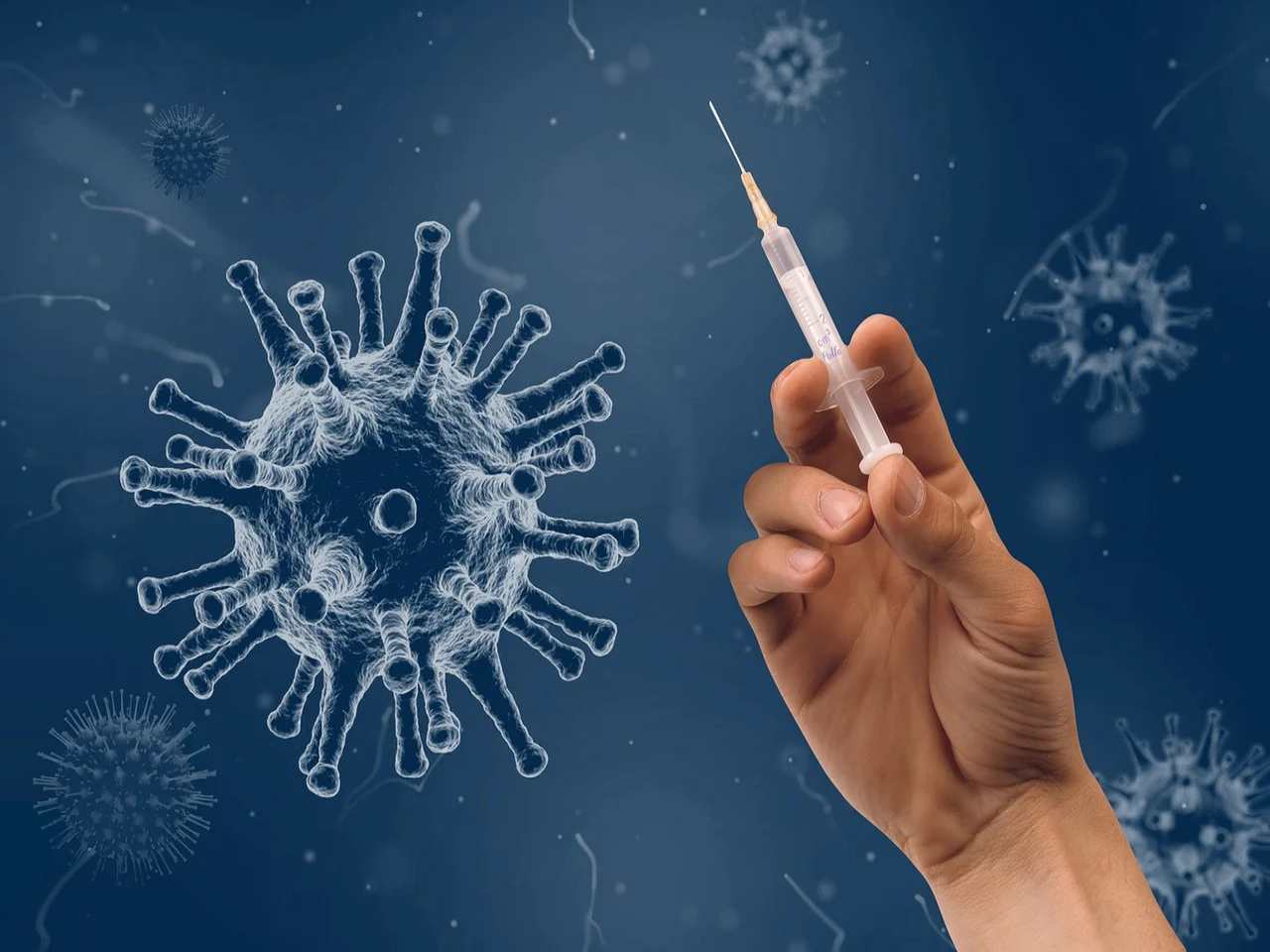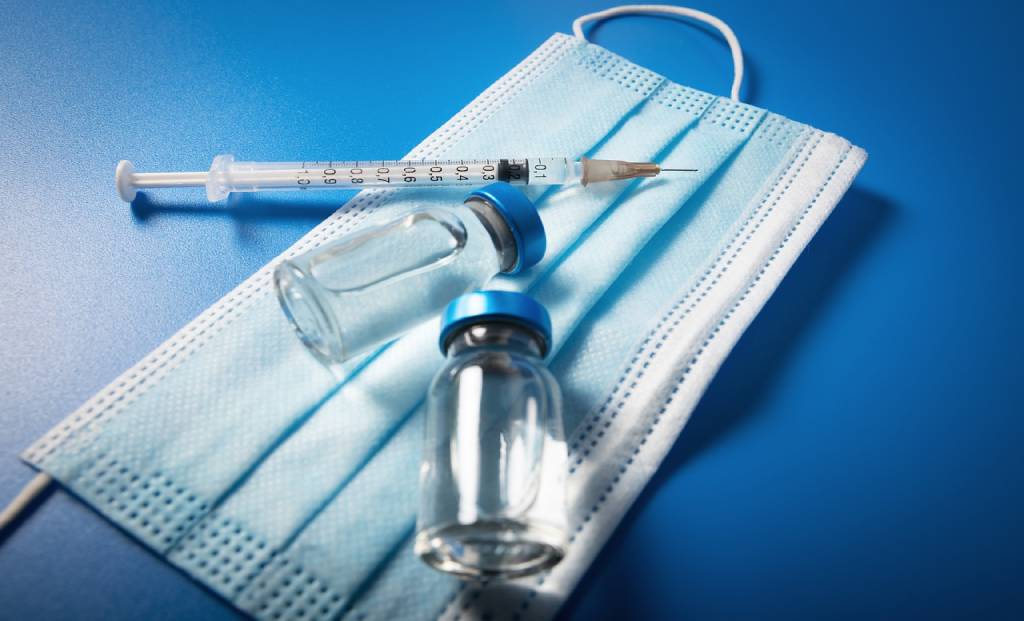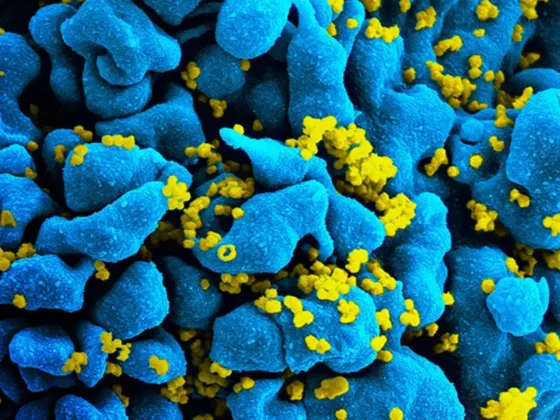There are various affects of COVID-19. Several studies are still underway to understand various aspects of the coronavirus. A new study has found that people suffering from COVID-19 may have several variants of the SARS-CoV-2 virus hidden away from the immune system in different parts of the body.
An international team led by researchers from the University of Bristol, UK, and Max Planck Institute for Medical Research in Germany noted that this may make complete clearance of the virus from the body of the infected person much more difficult.
The studies, published in the journal Nature Communications, demonstrates how the virus can evolve distinctly in different cell types, and adapt its immunity, in the same infected host.
The researchers investigated the function of a tailor-made pocket in the SARS-CoV-2 spike protein in the infection cycle of the virus. The pocket in the spike protein, which the virus uses to enter and infect the cells, played an essential role in viral infectivity, they said.
“An incessant series of variants have completely replaced the original virus by now, with Omicron and Omicron 2 (a subvariant) dominating worldwide,” said Professor Imre Berger from the University of Bristol. “We analysed an early variant discovered in Bristol, BrisDelta. It had changed its shape from the original virus, but the pocket we had discovered was there, unaltered,” Berger said.
The researchers noted that BrisDelta presents as a small subpopulation in the samples taken from patients, but appears to infect certain cell-types better than the virus that dominated the first wave of infections. “Our results showed that one can have several different virus variants in one’s body,” said Kapil Gupta, lead author of the BrisDelta study. “Some of these variants may use kidney or spleen cells as their niche to hide, while the body is busy defending against the dominant virus type. This could make it difficult for the infected patients to get rid of SARS-CoV-2 entirely,” Gupta said.
The team applied cutting-edge synthetic biology techniques, state-of-the-art imaging and cloud computing to decipher viral mechanisms at work. To understand the function of the pocket, the scientists built synthetic SARS-CoV-2 virions in the test tube, that are mimics of the virus but have a major advantage in that they are safe, as they do not multiply in human cells.
Using these artificial virions, the researchers were able to study the exact mechanism of the pocket in viral infection. They demonstrated that upon binding of a fatty acid, the spike protein decorating the virions changed their shape. This switching ‘shape’ mechanism effectively cloaks the virus from the immune system, according to the researchers.
“By ‘ducking down’ of the spike protein upon binding of inflammatory fatty acids, the virus becomes less visible to the immune system,” said Oskar Staufer, lead author of the second study. “This could be a mechanism to avoid detection by the host and a strong immune response for a longer period of time and increase total infection efficiency,” Staufer said.
“It appears that this pocket, specifically built to recognise these fatty acids, gives SARS-CoV-2 an advantage inside the body of infected people, allowing it to multiply so fast. This could explain why it is there, in all variants, including Omicron” Berger added. However, the researchers noted that the same feature also provides a unique opportunity to defeat the virus, exactly because it is so conserved — with a tailor made antiviral molecule that blocks the pocket.









